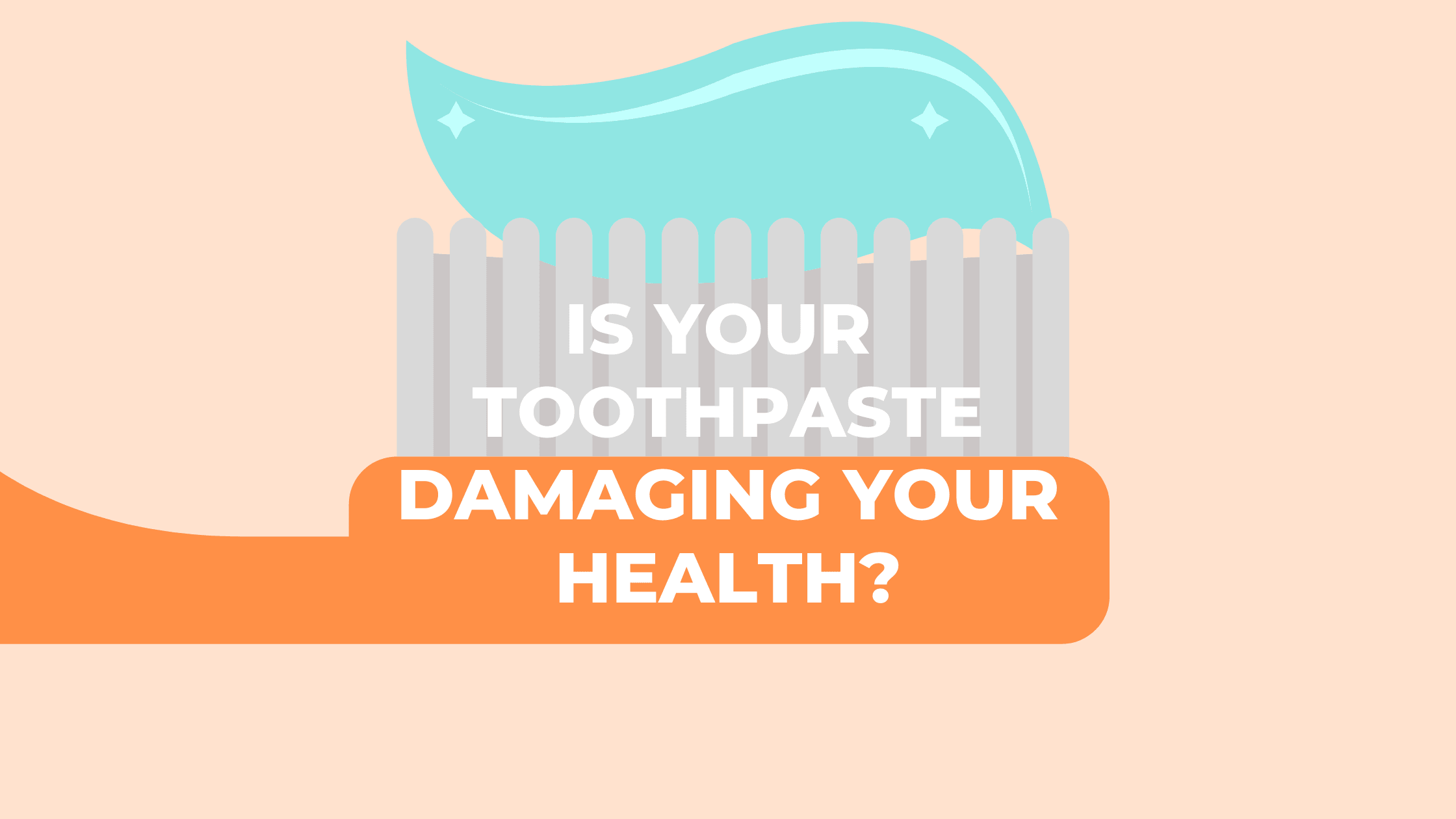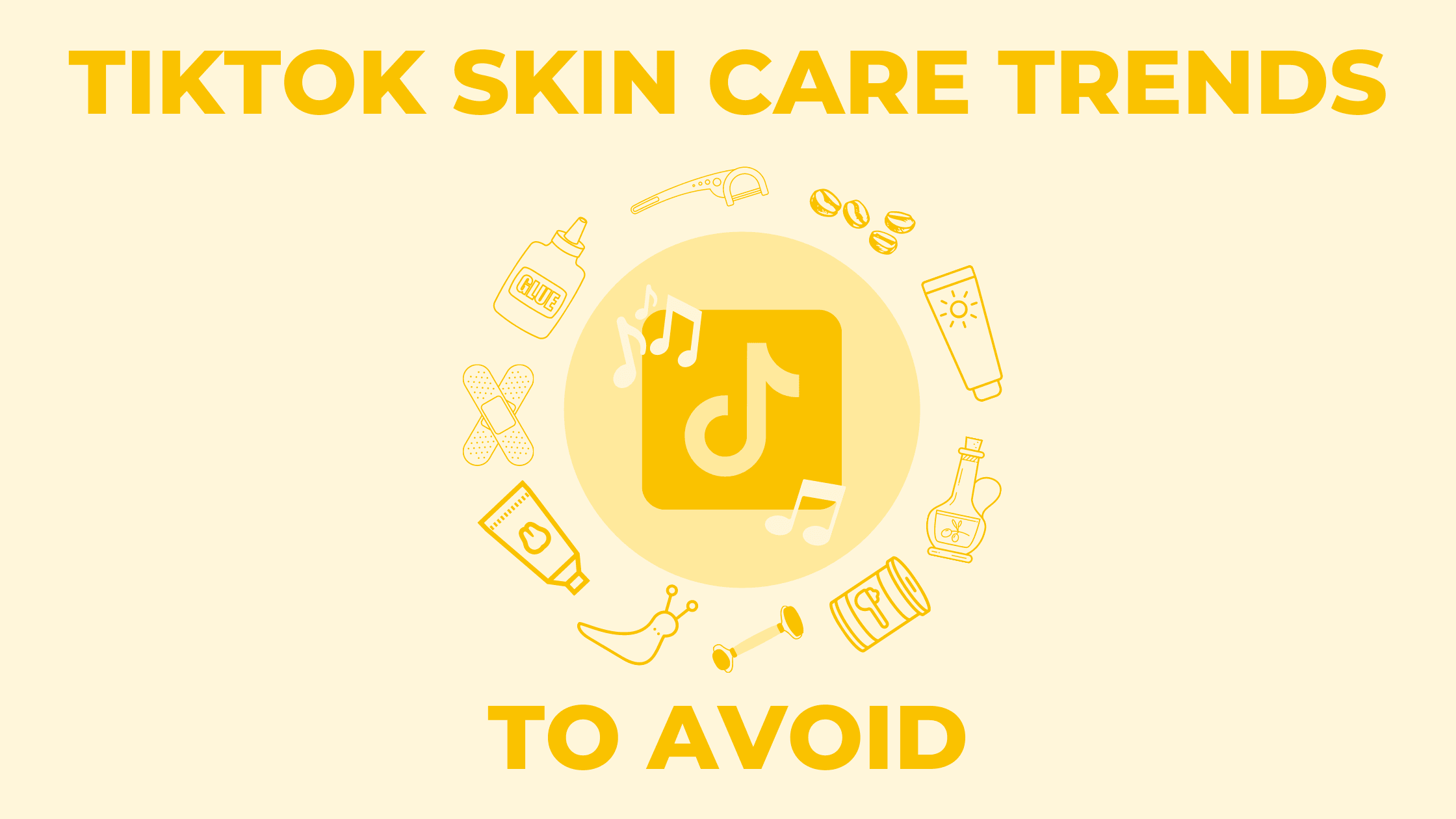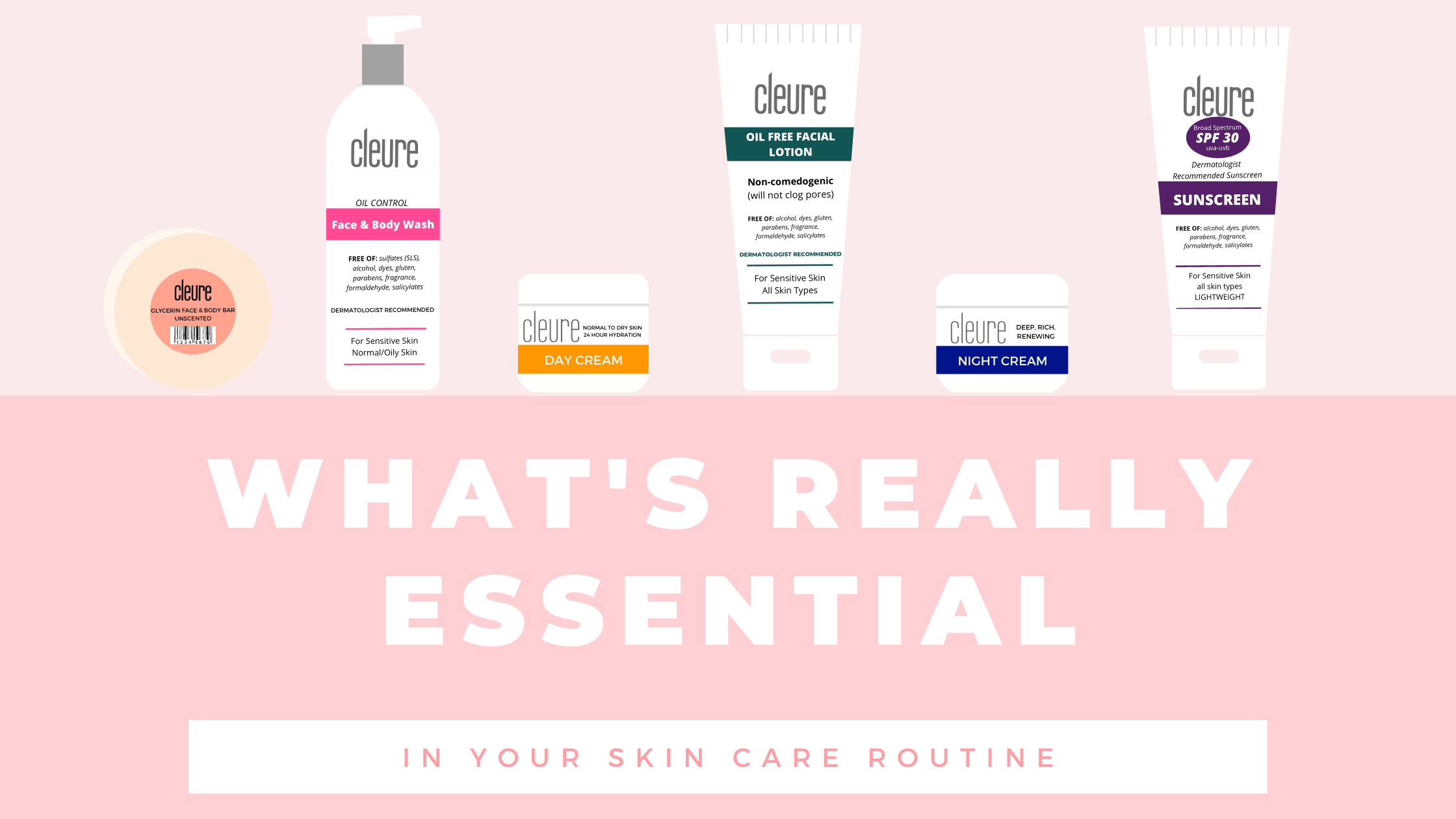
Is Your Toothpaste Damaging Your Health?
When you walk into the toothpaste aisle to grab the last thing on your grocery list, what option do you reach for? Do you buy the cheapest option, one with aesthetically pleasing packaging, or one that promises to whiten your teeth 3 shades? Or maybe you just reach for any ol’ toothpaste on the shelf, but you should think twice about your dental care choices. You should take caution when choosing toothpaste, mouthwash, and floss, because the dental products you use can be having a negative effect on not only your oral health but also your overall health.
Using a quality toothpaste is the key to protecting your teeth and gums from decay and further harm. However, if you choose the wrong toothpaste because it's the latest fad, it could negatively impact not only your teeth and gums but your overall health.
Let’s look at some of the common toothpaste ingredients that can be harmful to your health.
Mint
While mint is in up to 98 percent of toothpastes, “According to the American Contact Dermatitis Society and the American Academy of Dermatology, mint can cause serious allergy issues and side effects,” says dentist and Cleure founder Dr. Flora Stay.
If you frequently break out around your mouth, experience tingling or burning in and around your mouth, or have a swollen lips or tongue, the mint in your toothpaste and other oral care products could be the culprit. See your doctor, dermatologist, or allergist for a patch test to determine if you have a mint allergy that may be causing these issues. If that is the case, swap out your mint toothpaste for a flavor free option.
Learn more about alternatives for mint toothpaste.
Essential Oils
Essential oils are all the rage, so personal care brands are adding them into all kinds of products, including toothpaste.
The plant extracts and essential oils used in some toothpastes such as mint and lavender, are not only common irritants and allergens, but they’re often soaked in harsh chemicals such as acetone, formaldehyde and chloroform. Yep, that’s nail polish remover, embalming chemicals, and industrial solvents going in your mouth.
Essential oils aren't so essential, so leave them out of your toothpaste.
Charcoal Toothpastes
Charcoal toothpastes have been dominating store shelves for the last couple of years. They claim to be a natural alternative for whitening toothpastes, and while they do help scrape off some surface stains, they are very abrasive and can damage tooth enamel which can make your smile even more yellow than before. Bits of charcoal can also lodge themselves between your teeth and gums, which can cause irritation, gum inflammation, and receding gums.
Learn more about the pros and cons of charcoal toothpaste.
Sulfates
The foaming suds that build up while you brush your teeth can be attributed to sodium lauryl sulfate (SLS) which is a common irritant in personal care products that can cause canker sores, dry mouth, breakouts around the mouth, and receding gums.
SLS is not a necessary ingredient for toothpaste, and there are other ingredients like cocamidopropyl betaine, lauryl glucoside, sodium lauroyl sarcosinate, and sodium cocoyl glutamate, which can help spread toothpaste throughout your mouth without harm.
Fluoride
If you haven’t checked the back of your toothpaste tube, try it now. Toothpastes containing fluoride will likely have a warning label that says something along the lines of, “If you accidentally swallow more than is used for brushing, contact Poison Control.” This is because fluoride is toxic in large amounts, and can lead to a condition called fluorosis which causes white spots on the teeth.
Fluoride is often seen as the only way to remove plaque and fight tooth decay, but there are benefits of fluoride free toothpaste. Alternatively, another toothpaste ingredient, xylitol, works just as well for cavity protection without the risks associated with fluoride.
Learn more about why xylitol is a safe and effective alternative to fluoride.
Triclosan
While many brands have stopped using triclosan in their toothpaste, it's still used in some toothpastes as an antibacterial agent. Various health issues have been linked to triclosan including hormone alteration, the development of antibiotic-resistant bacteria, bone deformation, weakened heart muscle function, and a damaged immune system.
Look out for brands that still use triclosan, and do your best to look for triclosan free toothpaste options instead.
The right way to brush your teeth
To keep your smile healthy and bright, Dr. Stay recommends you listen to your dentist and dental hygienist. “I recommend flossing first. Then use mouthwash and brush carefully with a soft toothbrush and a toothpaste that doesn’t have any flavors.”
Be intentional about the ingredients you use. The right ingredients can balance the environment in your mouth. It is possible that a whole range of oral conditions can resolve when you simplify what you are using in your oral hygiene routine. Cleure is a carefully curated source for dental care products made with only dermatologist-recommended ingredients.
Other factors that impact oral health
If you've switched to a gentle, hypoallergenic toothpaste and mouthwash and you are still struggling with mouth issues, you may need to take some other steps to improve your dental health. Your oral health impacts your overall health, and it's true the other way around too.
If you are experiencing tooth aches, bleeding gums, or other dental pains, you may be deficient in certain vitamins and nutrients. Find out the best vitamins for teeth and gum health to set the foundation for a healthy mouth and body.
Watch:
Appearing on Good Morning Arizona, Flora Stay, DDS cautioned TV viewers to stay away from some plant-based ingredients such as mint as well as trendy charcoal toothpastes.
More Information
- Volatile Chemical Emissions from Essential Oils - Neda Nematollahi, Spas D. Kolev, Anne Steinemann
- Fluoride Risks, Uses, and Side Effects - Medical News Today
- Charcoal Toothpaste for Teeth Whitening: The Pros and Cons - Healthline



Leave a comment
This site is protected by hCaptcha and the hCaptcha Privacy Policy and Terms of Service apply.